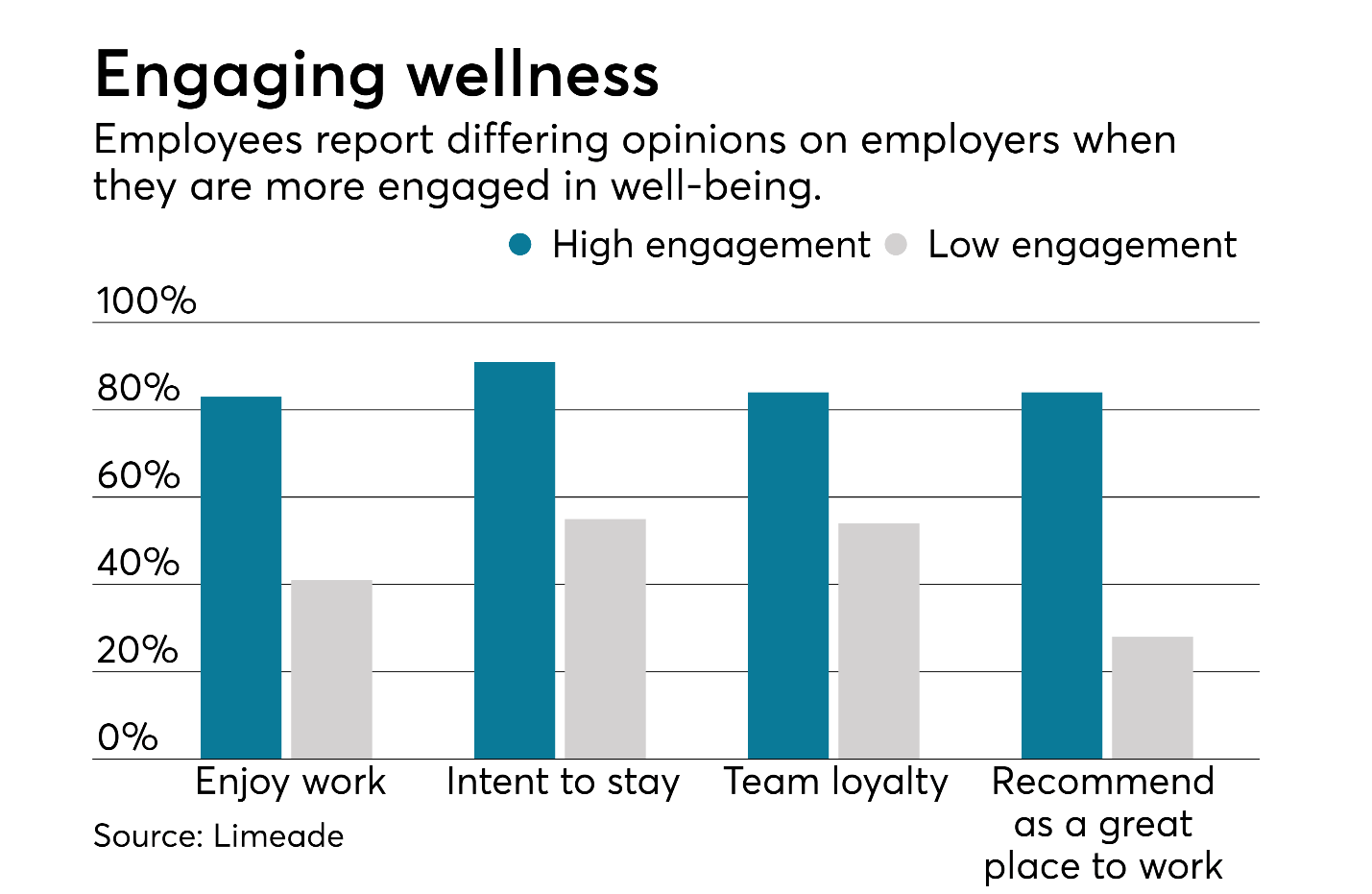The Importance Of Middle Management: A Key To Employee Engagement And Productivity

Table of Contents
- Bridging the Communication Gap: How Middle Managers Facilitate Effective Communication
- Fostering a Positive Work Environment: Middle Managers as Culture Cultivators
- Driving Performance and Productivity: The Middle Manager's Role in Goal Setting and Performance Management
- Developing Talent and Investing in Employees: The Role of Middle Management in Employee Growth
- Conclusion: The Indispensable Role of Middle Management in Achieving Organizational Success
Bridging the Communication Gap: How Middle Managers Facilitate Effective Communication
Effective communication is the bedrock of any successful organization, and middle management plays a crucial role in ensuring information flows smoothly, both top-down and bottom-up. Middle managers act as a conduit, translating complex strategic directives from senior leadership into actionable goals for their teams. Simultaneously, they relay valuable feedback and insights from employees to upper management, fostering a culture of transparency and open communication.
Clear and consistent communication is essential for keeping employees informed, motivated, and engaged. When employees understand the company's vision, their roles within it, and how their work contributes to the bigger picture, they are more likely to be invested and productive.
- Regular Team Meetings: Scheduled meetings provide a dedicated space for updates, discussions, and addressing concerns.
- Open-Door Policies: Encourage open dialogue and facilitate easy access to middle managers for questions and feedback.
- Feedback Sessions: Regular feedback sessions—both positive and constructive—ensure employees feel heard and valued, improving communication and morale.
Fostering a Positive Work Environment: Middle Managers as Culture Cultivators
Middle managers are not just supervisors; they are culture cultivators. Their influence on team morale and the overall work atmosphere is profound. A supportive and inclusive work environment, fostered by effective middle management, directly impacts employee engagement and productivity. Middle managers create this positive environment through their actions and interactions.
Recognition and appreciation are vital components of a positive work culture. When employees feel valued and their contributions acknowledged, their motivation and engagement soar.
- Team-Building Activities: Organized activities enhance team cohesion and build stronger relationships among colleagues.
- Celebrating Successes: Publicly acknowledging and celebrating team and individual achievements boosts morale and reinforces positive behaviors.
- Addressing Conflicts Constructively: Middle managers play a critical role in mediating conflicts, ensuring fair resolutions, and fostering a respectful work environment.
Driving Performance and Productivity: The Middle Manager's Role in Goal Setting and Performance Management
Effective middle management is crucial for driving performance and productivity. This involves setting clear expectations, providing the necessary support to achieve goals, and implementing effective performance management strategies. Middle managers should work closely with their teams, setting SMART (Specific, Measurable, Achievable, Relevant, Time-bound) goals and providing regular feedback.
Regular performance feedback and coaching are vital for continuous improvement. By identifying areas for improvement and providing targeted support, middle managers help employees enhance their skills and performance.
- Setting SMART Goals: Clearly defined goals provide direction and focus, ensuring everyone is working towards the same objectives.
- Providing Regular Feedback: Consistent feedback, both positive and constructive, helps employees understand their performance and identify areas for growth.
- Conducting Performance Reviews: Formal performance reviews offer a structured opportunity to assess progress, provide feedback, and set future goals.
Developing Talent and Investing in Employees: The Role of Middle Management in Employee Growth
Investing in employee development is a key strategy for improving both engagement and productivity, and middle management is instrumental in this process. Effective middle managers identify and nurture employee talent, providing opportunities for growth and advancement. This includes offering training and development opportunities, mentoring, and career guidance.
By investing in their employees, middle managers contribute to higher retention rates and create a more engaged and productive workforce.
- Mentoring Programs: Mentorship provides valuable guidance and support, helping employees navigate their careers and develop their skills.
- Training Workshops: Targeted training workshops address specific skill gaps and equip employees with the knowledge and tools needed to excel in their roles.
- Skill Development Opportunities: Providing opportunities for employees to develop new skills enhances their capabilities and creates pathways for career advancement.
Conclusion: The Indispensable Role of Middle Management in Achieving Organizational Success
In conclusion, effective middle management is indispensable for achieving organizational success. Their influence on employee engagement and productivity is undeniable. By fostering open communication, cultivating a positive work environment, driving performance through effective goal setting and performance management, and investing in employee growth, strong middle management teams unlock the full potential of their workforce. Investing in strong middle management is crucial for unlocking employee engagement and productivity. Start building your high-performing middle management team today!

 Fc St Pauli At Bayern Munich Preview And Predicted Outcome
Fc St Pauli At Bayern Munich Preview And Predicted Outcome
 Aoc Fact Checks Jeanine Pirro A Brutal Breakdown
Aoc Fact Checks Jeanine Pirro A Brutal Breakdown
 Dangote Refinery And Nnpc A New Era For Petrol Prices In Nigeria
Dangote Refinery And Nnpc A New Era For Petrol Prices In Nigeria
 Nhl Oilers Vs Sharks Prediction Betting Odds And Expert Picks
Nhl Oilers Vs Sharks Prediction Betting Odds And Expert Picks
 Njwm Krt Alqdm Waltbgh Qst Idman Wnjah
Njwm Krt Alqdm Waltbgh Qst Idman Wnjah
